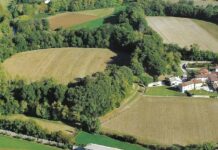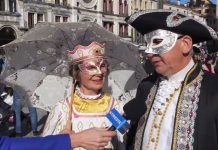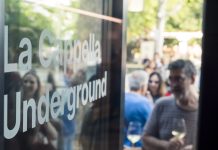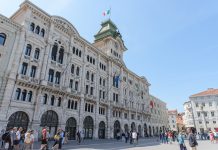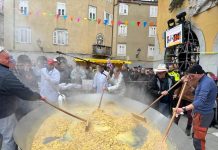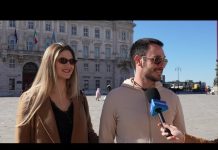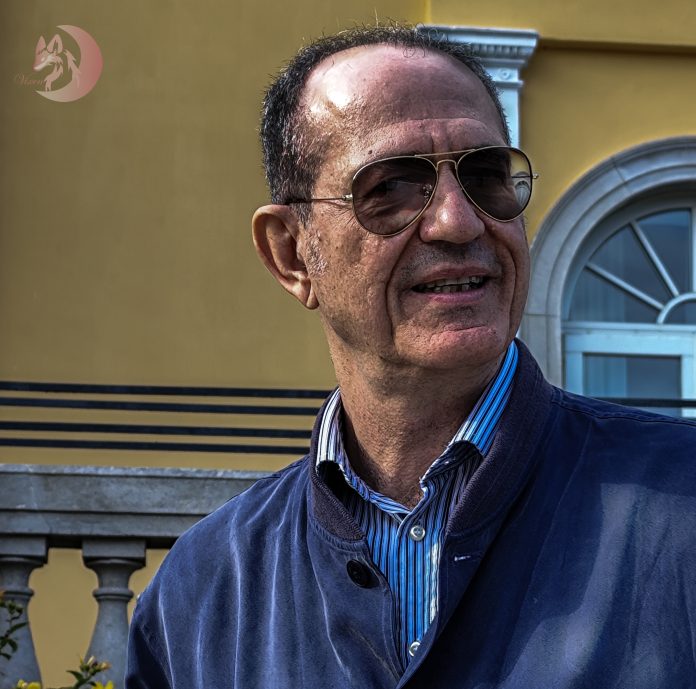by Alessandra Ressa
photo credits: Beatrice Pichierri
Gorizia is a city that carries echoes of borders, stories embedded in its walls, and silences shaped by land and wind. One such place is Via Rastello: a real street, yet one capable of becoming symbolic. Paolo Pichierri, journalist and writer from Trieste, chose this very place as the narrative heart of his new mystery novel, The Key of Via Rastello. In this interview, he speaks about the book, his relationship with Trieste, and writing as a tool for exploration and memory.
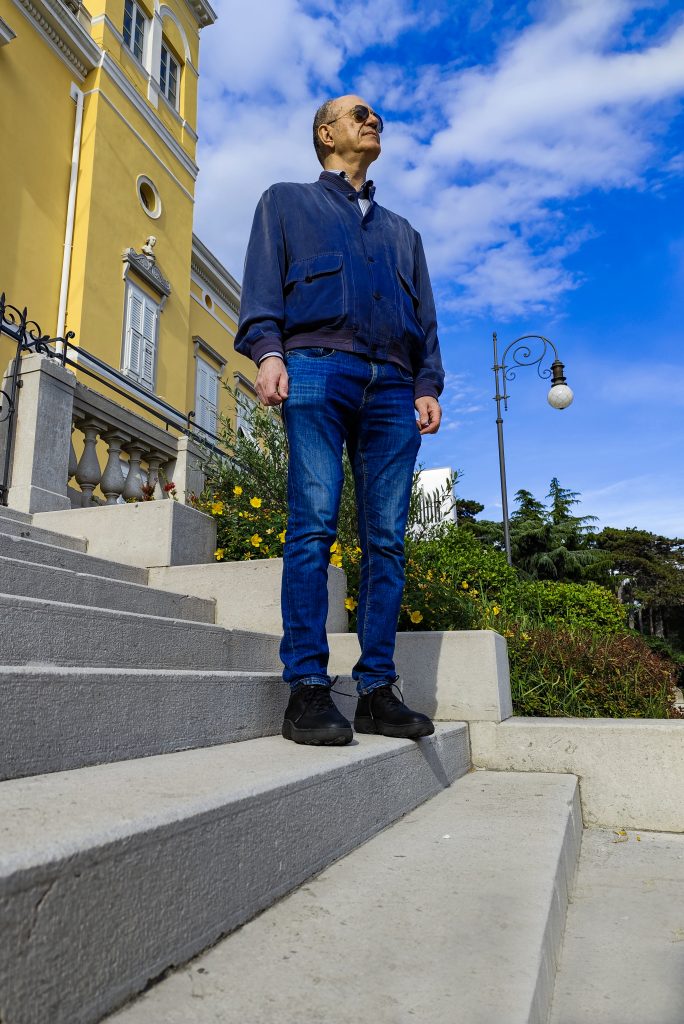
Where did The Key of Via Rastello originate?
It was born from the heart of Gorizia, from its most beautiful street, and as a sequel to The Diamond of Grado. The protagonist of the mystery is former police commissioner Vincenzo Salvati, now a private detective, who has a unique trait: he is blind. Via Rastello is a real street, full of history and shadows, it is rich in atmosphere and allure. Its shops are a kaleidoscope of emotions.
How much of the novel is real and how much is fictional?
The settings in Gorizia are real, while all the characters are fictional — except for two: Mayor Ziberna and journalist Pietro Fippo, who is clearly modeled after Francesco De Filippo, head of the ANSA news agency in Friuli Venezia Giulia and a writer himself.
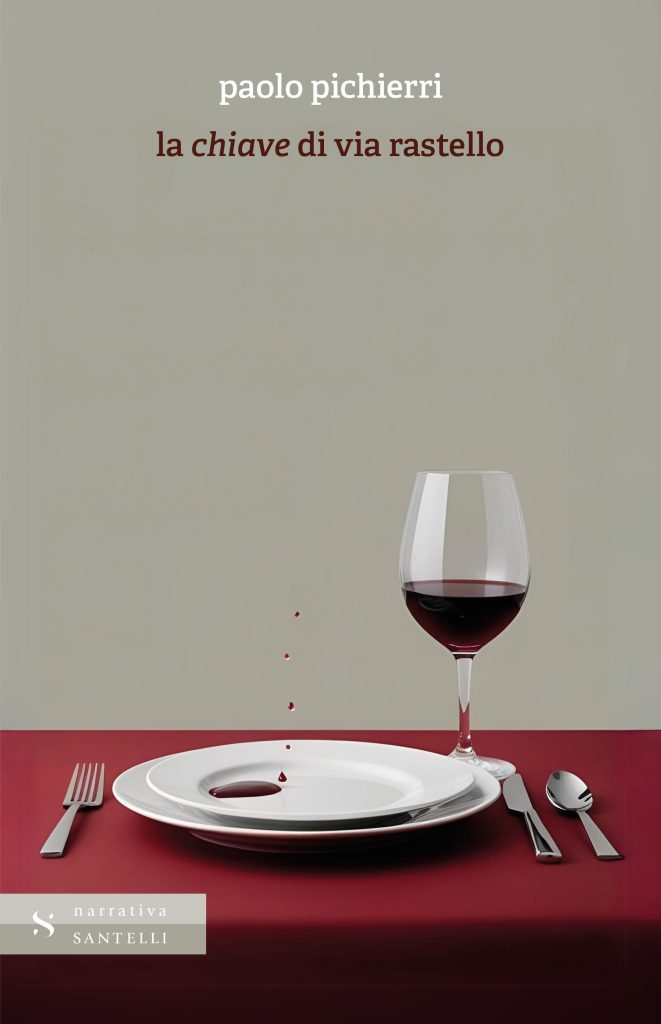
You are both a journalist and a writer. How does journalism influence your fiction writing?
My fiction draws heavily from journalism: conciseness, a sense of rhythm, clarity, and a preference for an essential rather than ornate prose.
Is there a character in the novel you feel particularly attached to?
In the end, it’s impossible not to feel affection for Vincenzo Salvati, with all his light and shadow: passionate, patriarchal, yet also brilliant and driven by a strong, childlike sense of justice. A blind investigator who must rely on his other senses to solve crimes naturally inspires sympathy.
Trieste often appears in the background of your writing. What is your relationship with the city, and how does it affect your work?
A famous philosopher once advised distinguishing between “having” and “being” in order to prioritize the latter. I’ve never been convinced by that idea: I believe we are what we’ve forgotten we once had. Trieste is embedded in my forgetfulness.
How would you describe the current cultural landscape of Trieste?
The literary scene in Trieste is like a great shipwreck that draws many fish — who all try not to get swallowed up by Svevo, Saba, Joyce, and the other giants of the 20th century.
You are both a journalist and a writer: how do these two roles coexist in your daily life?
Both serve the reader: the writer, however — unlike the journalist, who offers only reality — can also offer pleasure. We live in an age dominated by fast-paced rhythms and constant news. Literature allows us to escape this bombardment, this jungle of overheated fragments, and return to the regular rhythm of our own breathing. The narrative form has a human scale.
Finally: what advice would you give to someone who wants to write and feels the need to tell the story of their own territory?
Visit bookstores to be tempted by the books on the shelves, and spend time in libraries. Then — to paraphrase Saint Paul — write if you can’t help it.
With The Key of Via Rastello, Paolo Pichierri confirms his ability to observe reality with the keen eye of a journalist and the emotional insight of a storyteller. In an age where noise often drowns out authentic voices, his writing offers itself as a key. To enter, to remember, to understand.




